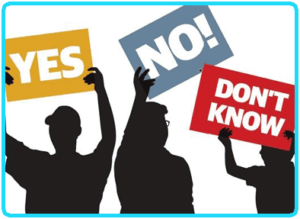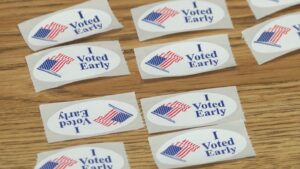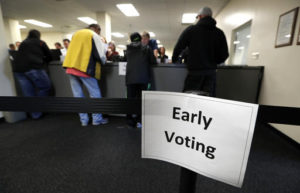How do Texas cities do battle with an age-old problem of voter apathy and an inability or reluctance to actually vote for their political leadership?
The city I have called home for the past five years, Princeton, might have the answer. It schedules its municipal elections on the day we choose who should be our next president of the United States.
It’s genius, man!
Princeton will call for an election on Nov. 5 to choose who will serve as mayor. Incumbent Brianna Chacon already has declared her intention to seek another term as mayor. I am not yet aware of who would challenge her. Councilmen Marlo Obera and David Kleiber also are on the Nov. 5 ballot.
Now, normally these elections would come and go and virtually no one in this — or any — Texas city would notice. That’s because municipal and school board elections generally fall onto the laps of 10 to 15% of the voting public.
Princeton won’t have that matter facing it this election day.
The city is home to around 28,000 residents, which means roughly half of them are able to vote. If that’s the case, about 14,000 residents will be able to cast their ballots for mayor, city council and, oh yeah … for president of the United States.
That doesn’t mean that every eligible voter will actually do his or her part as a U.S. citizen on election day. Imagine, though, that a 60% turnout decides who will become mayor of Princeton. That means 8,400 residents will make a decision that, truth be told, will have more direct impact on their lives than the president.
I long have said that democracy functions better when more people vote than fewer of them do. I dislike the notion of handing all that power to someone else.






